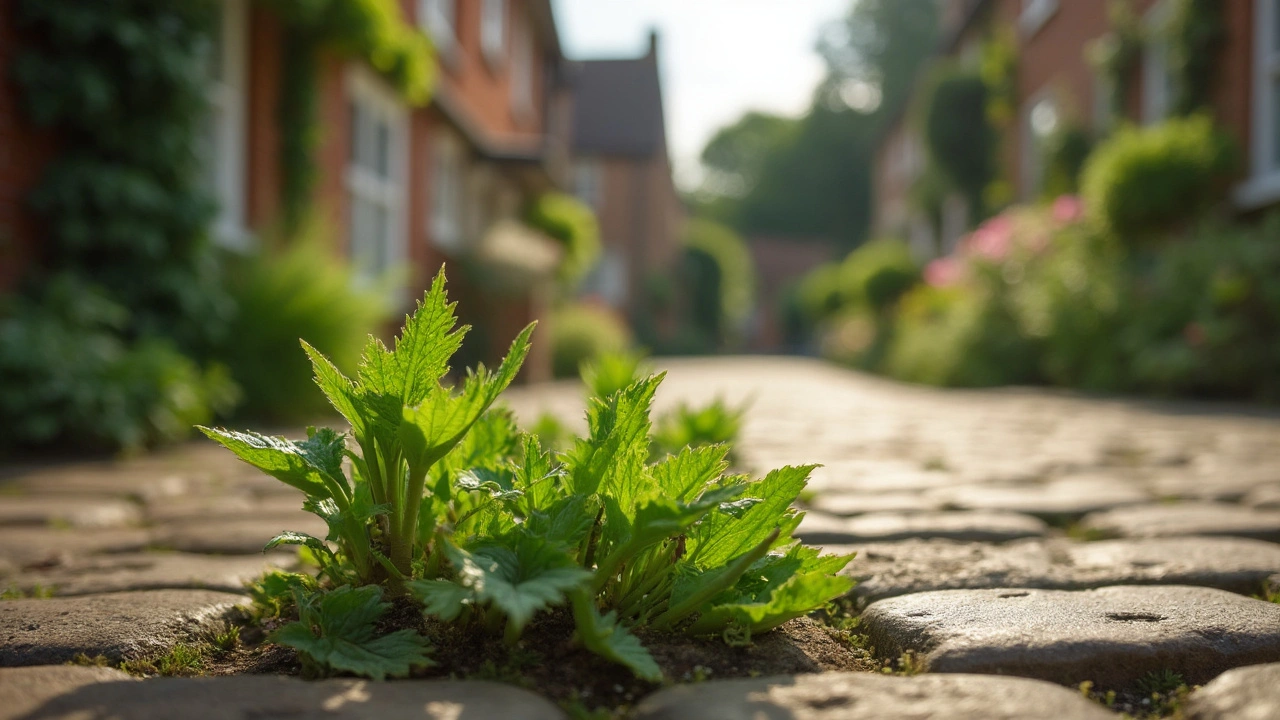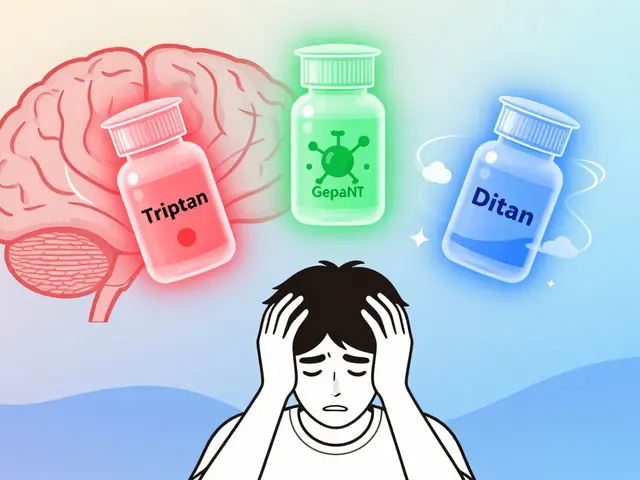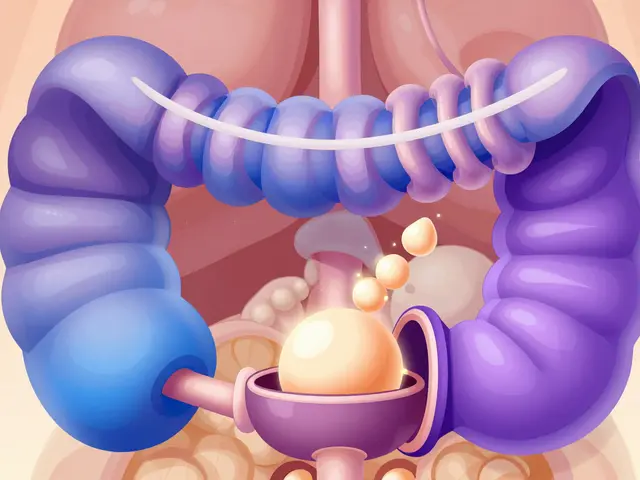Plantain Supplements: Uses, Dosage, and How to Choose
Plantain (Plantago major or P. lanceolata) is a common herb used as a supplement for skin, throat, and mild inflammation. People use leaves fresh as a poultice, or buy capsules, tinctures, teas, and salves. If you want a simple, natural option for scrapes, bug bites, or a sore throat, plantain is worth knowing about.
Uses and benefits
Plantain is popular for wound care because the leaves are astringent and contain compounds that calm irritation. Applied topically, crushed fresh leaves or a plantain salve can reduce itch, draw out splinters, and support minor cuts. Taken as a tea or tincture, plantain offers mild demulcent and expectorant effects, which can soothe a dry cough or scratchy throat. Some people use it for mild digestive upset or to support gut lining thanks to its mucilage.
How to use and typical doses
Tea: Steep 1–2 teaspoons of dried leaves in 8 ounces of hot water for 10–15 minutes. Drink 1–3 cups a day. Tincture: Follow the product label; a common dose is 1–4 ml (about 20–80 drops) two to three times daily. Capsules: Most commercial capsules contain 300–500 mg of dried leaf; follow the manufacturer's directions, usually one to two capsules twice a day. Topical: Use a fresh leaf poultice or apply salve to the area one to three times daily. For bleeding that won’t stop, seek medical care right away instead of relying on plantain alone.
Safety and interactions
Plantain is generally safe for most adults when used as food or short-term supplement. Allergic reactions are rare but possible—stop use if you get a rash or swelling. There is limited data for use during pregnancy and breastfeeding, so check with your clinician. If you take prescription medicines, especially drugs with narrow dose windows, mention plantain to your pharmacist; herbal fiber might change how some drugs absorb. Avoid using plantain on deep wounds or severe infections without medical advice.
Choosing quality plantain products
Look for the botanical name (Plantago major or Plantago lanceolata) on the label, organic sourcing, and minimal fillers. Third-party testing for contaminants is a plus. For topical use, select a salve made with a simple oil base and few additives. If buying bulk dried leaf or capsules, read reviews and pick brands with clear sourcing and good manufacturing practices.
Quick tips
Fresh leaves work well in a pinch—wash, crush, and apply. For daily use, a tea or capsule is easiest. If you expect to use plantain for a medical condition, ask a healthcare pro for dose guidance and to avoid surprises with other meds. Plantain is a handy, low-risk herb when used carefully and sensibly.
Expect results to vary. For skin issues many people notice less itching or swelling within a day or two when using a fresh poultice or salve. For cough or throat relief, a tea or tincture can ease symptoms within hours. Internal healing, like gut comfort, may take one to four weeks of regular use. Track effects and stop if you see irritation. Ask questions when unsure.
Buck's-horn plantain isn't just a weed in your sidewalk—it’s a centuries-old secret packed with health benefits. Discover how adding buck's-horn plantain supplements to your routine can boost immunity, support digestion, and strengthen your body's defenses. This article digs into its proven uses, why researchers are giving it a second look, and tips to choose the best products. Uncover the science, history, and real-life ways this humble herb can play a starring role in modern wellness.



